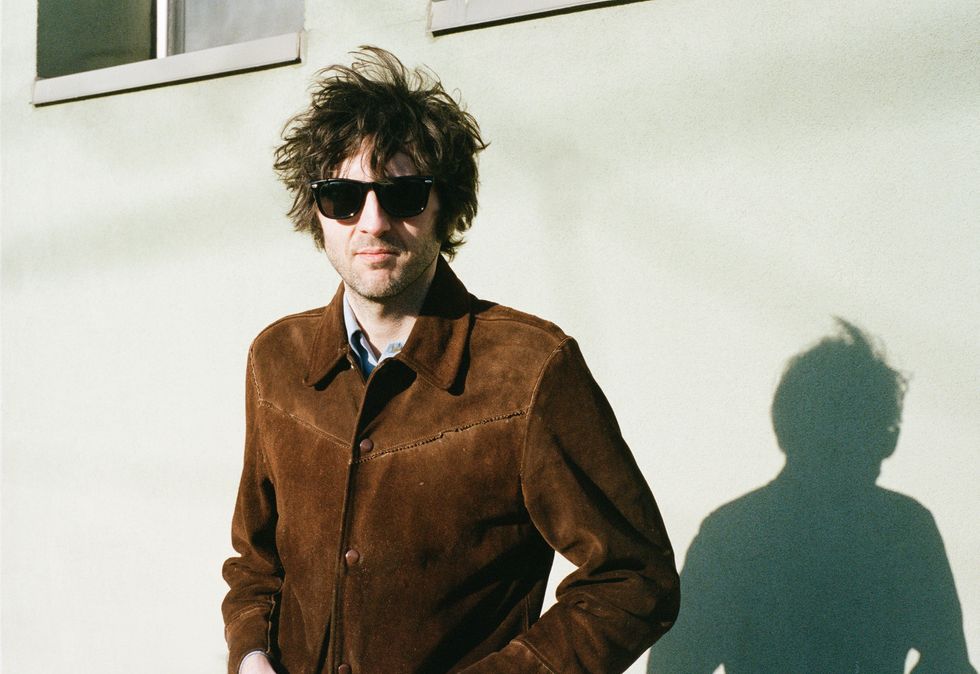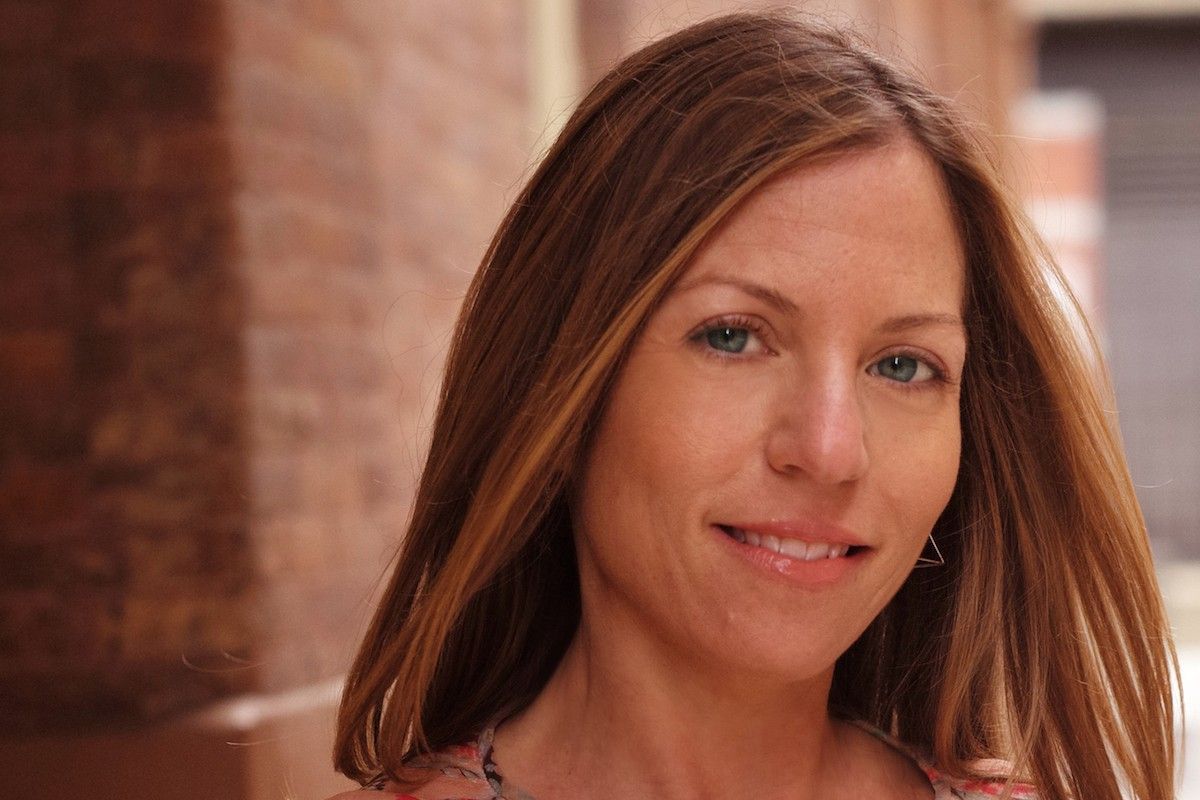Five Questions With… Jerry Leger
The prolific roots troubadour discusses the making of new album Time Out For Tomorrow, his best touring stories, fond early musical memories, and his public performance debut.

By Jason Schneider
On his new album Time Out For Tomorrow, released Nov. 8, Toronto singer/songwriter Jerry Leger continues his consistently high output that began in 2005 when, at age 19, he released the first of nine studio albums. It’s added up to a body of work that was recently celebrated with the European-only compilation Too Broke To Die, aimed at Leger’s growing fan base in Britain and the EU.
Most of those listeners didn’t discover Leger until his 2014 album Early Riser, his first with Michael Timmins of Cowboy Junkies handling production duties, as well as the first to be released on the Junkies’ label, Latent Recordings. The combination of Timmins’ capture-the-moment production aesthetic and the Rolling Thunder-esque chemistry of Leger’s longtime band The Situation (plus a few special guests) now appears unbeatable.
Indeed, Time Out For Tomorrow finds Leger at the peak of his writing powers right from the opening track Canvas Of Gold, on which he laments Toronto’s gentrification projects that have put pressure on the city’s artistic communities. He also takes aim at tensions stoked by hate groups on the inspiring ballad That Ain’t Here, although his love of early rock ‘n roll shines brilliantly on Read Between The Lines.
Time Out For Tomorrow may not be as expansive as Leger’s previous Timmins-produced effort, the acclaimed 2017 double album Nonsense And Heartache, but its more concentrated dose of everything Leger does best is just as potent. Jerry Leger officially launches Time Out For Tomorrow in Toronto on Nov. 28 at Lee’s Palace, followed by shows in Hamilton at Mills Hardware on Nov. 29 and in Montreal at Quai des Brumes on Nov. 30. More details here .
What was the process like making Time Out For Tomorrow and how does it stand apart from your previous work?
I definitely felt the most focused on this record in terms of how I wanted it to sound than on other albums I’ve made. I usually like to go in and just see what happens. There was a bit of that still, but I did have an idea of how I wanted the songs executed.
What songs on the record are you most proud of and why?
I love I Would because it's a simple and sweet little song. That Ain't Here feels like it's been around forever and I stumbled upon it. It touches on my feelings of confusion on why the world needs to be the way it is. What's so funny about peace, love and understanding, right? I also like Corner Light because it’s the most ambitious song on the record and it came out exactly the way I wanted it to.
What's your best touring story?
There are a lot, and they usually randomly come back to me. Being on Neil Young's bus after opening for Pegi Young & The Survivors was pretty cool. Pegi was real sweet, as was the band. Her bass player Rick Rosas, who has also sadly passed away, was the one who invited me on the bus. He dug our set and grabbed an album. It was wild to sit there hanging out, eating A&W, watching a Highwayman DVD and chatting with [keyboardist] Spooner Oldham across from me!
Another one that comes to mind was playing a festival in Manitoba that also had Toby Keith or Tim McGraw on it—I can’t remember which. We were watching their set and convinced some of the audience members around us that we were his backing band that he’d just fired. And on Canada Day to boot! We took photos with some of them.
What are your fondest musical memories as you were growing up?
Listening and singing along to The Beatles, John Lennon, Rodney Crowell, and others on drives with my family when I was a kid. I also fondly recall staying after class in high school and teaching myself how to play piano in the music room and the auditorium. Employees would just be cleaning up and vacuuming around me. And I’m proud to say that the first proper concert I saw was Chuck Berry. He was still great, even at that age, and his pickup band that night seemed pretty good too.
What do you recall about your first time performing in public?
It was an old stage at a coffee shop down the street from where I grew up. Some of my school friends came to see me. I think I was 14. I played a couple of my own songs, a Dylan song and a Neil Young song. I remember it felt so good to be playing in front of people instead of the wall. I think it was the least nervous I've ever been playing in front of people. I just wanted to do it so badly, to know how it felt. I ended up getting my own night there every Wednesday for the rest of high school. There was no PA so it forced me to learn how to project my voice and my playing.
















